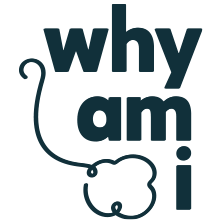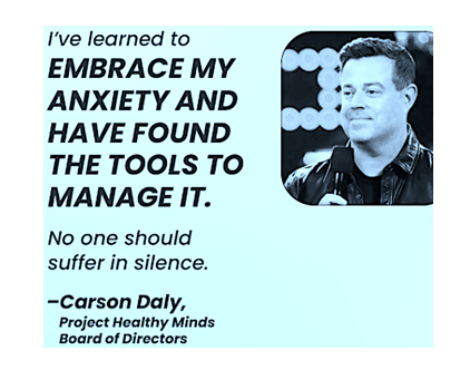Marijuana is a common drug, mainly used recreationally to experience a “high.” But there is some evidence to suggest that cannabis may be therapeutic in managing certain mental health conditions.
People with mental health conditions including schizophrenia, bipolar disorders, depressive and anxiety disorders, and post-traumatic stress disorder (PTSD) are more than twice as likely to use cannabis regularly.
However, the use of cannabis may not be appropriate or effective for everyone.
Marijuana acts as both a stimulant and a depressant, so while under the influence, some may feel happy, relaxed, energetic, chatty, and on top of the world, and others may feel more anxious, on edge, paranoid, and disoriented.
How cannabis affects you ultimately depends on many factors, including:
- How much you use
- How often and how long you use it
- The way you use it (smoke, vape, or ingest)
- Your mood
- Your environment
- Your age
- Whether you have certain pre-existing conditions
- Whether you’ve taken any alcohol or other drugs (illegal, prescription, over-the-counter or herbal).
It’s a complicated topic and like all complicated topics, there are pros and cons based on expert research. Disclaimer: We are by no means giving medical advice, just presenting the existing findings on the subject matter so you and your doctor can make the best decision for you.
Pros
Right off the bat, it’s important to mention that cannabis use isn’t a proven treatment for mental health disorders. However, there are some firsthand findings that suggest it can help improve mental health conditions.
Studies from Marijuana Investigations for Neuroscientific Discovery (MIND) found that patients who used cannabis to treat anxiety felt less anxious.
A big piece of the puzzle is which chemical strain you use: THC or CBD. According to the Alcohol and Drug Abuse Institute, THC appears to decrease anxiety at lower doses, and CBD appears to decrease anxiety at all doses.
Cannabis may be especially helpful in managing symptoms of post-traumatic stress disorder (PTSD). Some studies have shown that cannabis can reduce the severity of symptoms such as flashbacks, anxiety, and insomnia. However, more research is needed to fully understand the potential benefits and risks of using cannabis for PTSD. Treating PTSD requires an increase in serotonin (the happy hormone) levels. Recruiting the help of cannabis may help with this as the drug is known to help create serotonin in the brain.
Cons
It is important to remember that the use of cannabis is not without risks. It can impair cognitive function, affect coordination and reaction time, and increase the risk of accidents and injuries.
Making sure you are using the right amount of marijuana is a huge contributing factor to its effects. For example, while THC appears to decrease anxiety at lower doses, it can spike anxiety at higher doses.
People who use cannabis regularly could be at greater risk of developing psychosis or schizophrenia.
It is also important to note that the use of cannabis can be addictive, and regular use can lead to dependence or even an addiction. So while you think you’re solving one mental health condition, you could be inadvertently creating another.
Cannabis use can increase the risk of suicidality, even if you don’t have a pre-existing mental health condition or experienced suicidal thoughts. In all, if you are considering using cannabis for mental health purposes, it is imperative you speak with a health-care professional to determine whether it is a safe and appropriate option for you. They can help you weigh the potential benefits and risks and determine the best course of treatment for your mental health condition.
Ultimately, more studies need to be done to prove that it’s definitely an effective or ineffective treatment for mental health conditions.
Please ensure that if you use it, you do so at an appropriate time and in a safe space.



